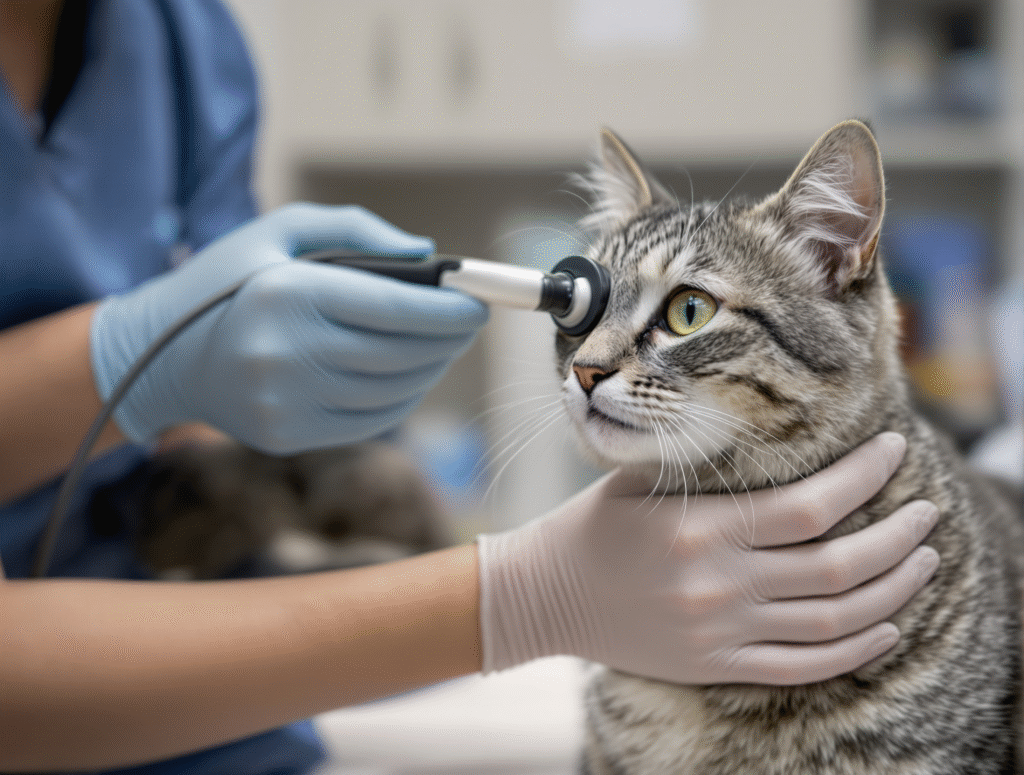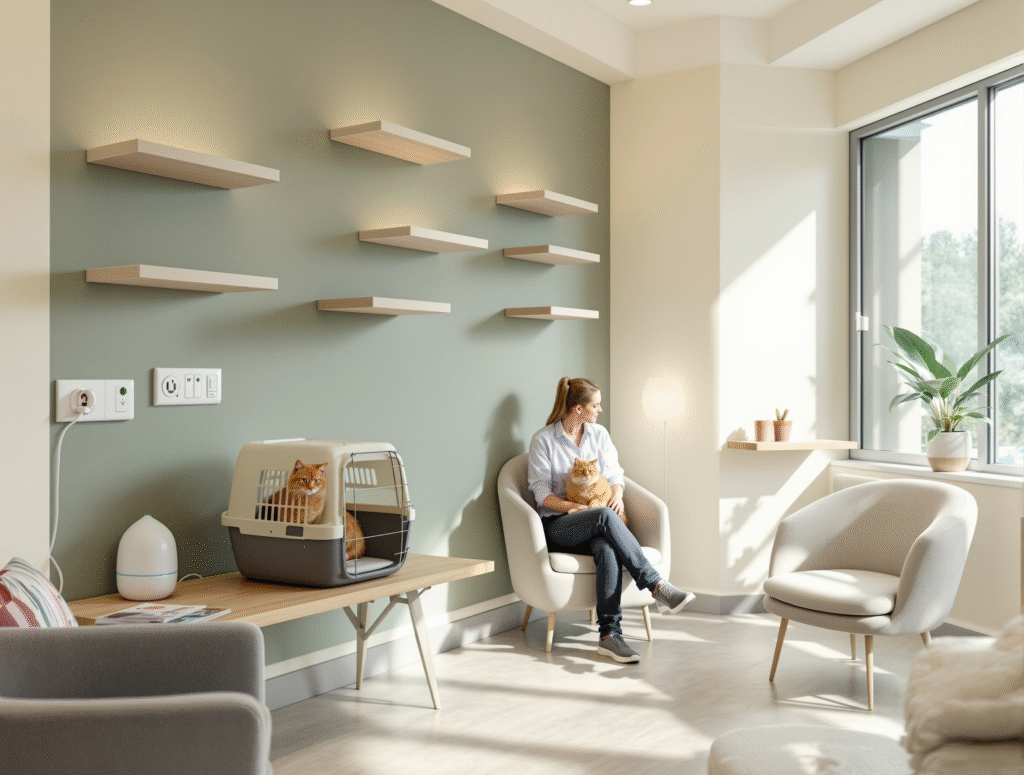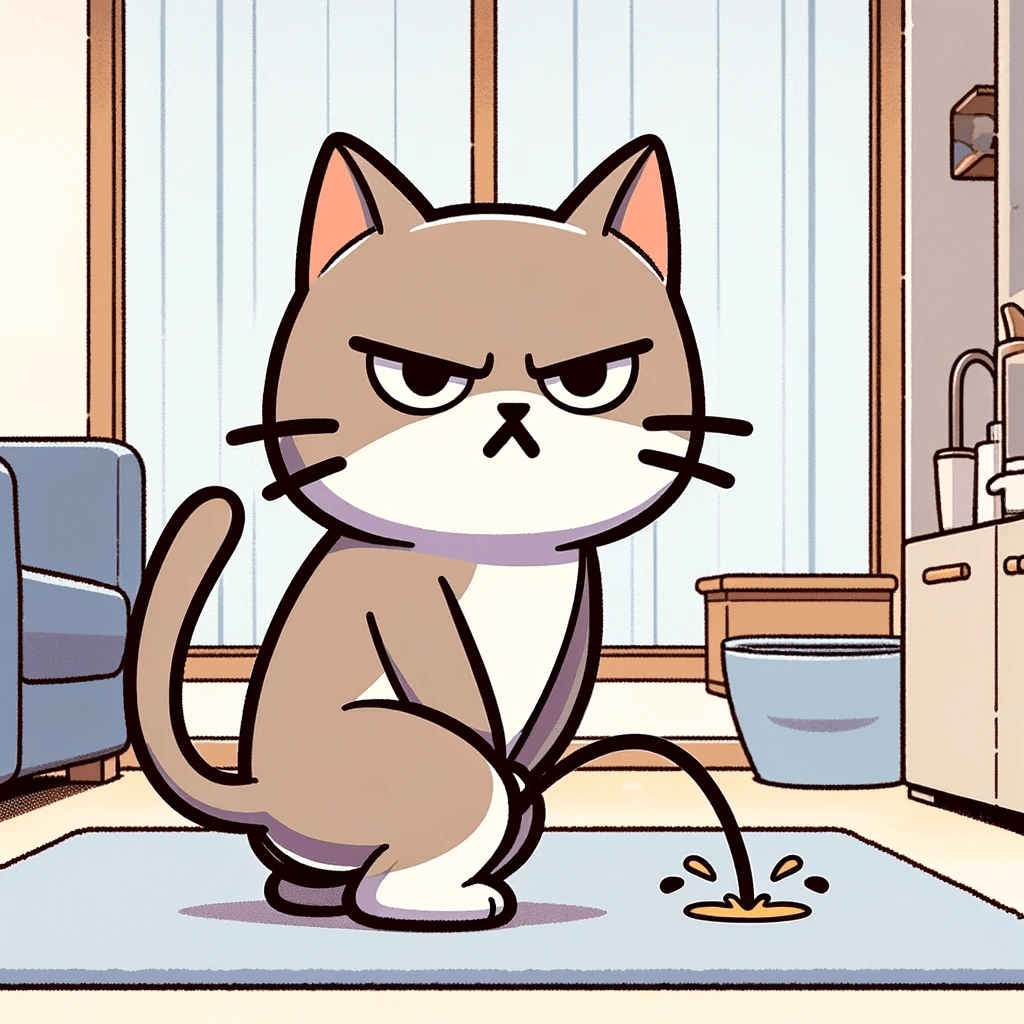When it comes to your cat’s health and longevity, choosing a veterinarian for your cat stands as one of the most critical decisions you’ll make. The right veterinary practice becomes your partner in maintaining your feline companion’s wellbeing throughout their life—from routine cat wellness check-ups to emergency interventions. This comprehensive guide provides everything UK cat owners need to know about selecting the perfect vet for their beloved pet.
Why Choosing a Veterinarian for Your Cat Matters
Veterinary surgeons—the official UK term for veterinarians—are specially trained professionals who diagnose, treat, and prevent various feline health conditions. A competent vet delivers essential services ranging from preventive cat grooming and dental care to managing chronic conditions.
Essential veterinary services include:
- Preventive Care: Regular health screenings, vaccinations, parasite prevention, and dental hygiene
- Emergency Care: Immediate treatment for accidents, poisoning, or acute illness
- Specialist Care: Treatment for conditions like lymphoma, skin problems, or respiratory issues
- Nutritional Guidance: Tailored cat nutrition advice based on life stage and health needs
How Often Should You Take Your Cat to the Veterinarian?
Understanding recommended veterinary visit frequency is crucial when choosing a veterinarian for your cat:
Kittens (Under 1 Year): Kittens need two primary vaccinations—the first at 8-9 weeks old and a second dose 3-4 weeks later (typically at 12 weeks). After this initial course, they’ll need regular check-ups for development monitoring.
Adult Cats (1-10 Years): At least once annually for comprehensive health examinations and booster vaccinations.

Senior Cats (10+ Years): Every 6 months (twice yearly) for geriatric health screenings. According to the American Association of Feline Practitioners, senior cats require bi-annual visits because they’re more susceptible to chronic conditions. This increased frequency significantly improves health outcomes and enables early detection of age-related issues.
Key Factors When Choosing a Veterinarian for Your Cat
1. Verify RCVS Registration and Qualifications
In the UK, all veterinary surgeons must hold a recognised veterinary degree and be registered with the Royal College of Veterinary Surgeons (RCVS). This registration ensures they meet professional standards and maintain continuing education.
When choosing a veterinarian for your cat, always verify their RCVS registration through the Find a Vet service. Additionally, enquire about their specific experience with feline patients—some practices specialise exclusively in cats, offering enhanced expertise in feline behaviour and species-specific conditions.
2. Location and Accessibility Are Critical
Proximity becomes vital during emergencies when every minute counts. Choose a veterinary practice within 15-20 minutes of your home. Consider:
- Parking availability for easy access
- Public transport connections if you don’t drive
- Accessibility features if you have mobility concerns
- Hours of operation that accommodate your schedule
3. Comprehensive Service Offerings
Not all veterinary clinics provide identical services. When choosing a veterinarian for your cat, ensure the practice offers:
- Digital diagnostic imaging (X-rays, ultrasound)
- In-house laboratory testing for rapid results
- Surgical facilities for spaying/neutering procedures
- Microchipping services
- Specialist referral networks for complex cases
For cats with specific health needs—such as chronic illnesses or weight management issues—verify the practice has relevant expertise.
4. Cat-Friendly Environment Standards

The clinic environment reflects the practice’s professionalism. According to Cats Protection, cat-friendly practices should feature:
- Separate waiting areas from dogs to reduce stress
- Elevated perches allowing cats to feel secure
- Calming pheromone diffusers to create a relaxing atmosphere
- Cleanliness: Well-maintained consultation rooms
- Modern equipment: Up-to-date diagnostic technology
- Safety protocols: Clear emergency procedures and proper handling techniques
5. Emergency Service Availability
Emergencies don’t follow business hours. When choosing a veterinarian for your cat, determine:
- Does the practice offer 24/7 emergency care?
- Which emergency clinic do they partner with if not?
- What’s the protocol for after-hours emergencies?
- Are emergency contact numbers clearly provided?
Having a clear emergency plan prevents panic when your cat needs urgent care.
Building a Strong Relationship with Your Veterinarian
Communication and Compassion
Effective communication forms the foundation of quality veterinary care. Your ideal veterinarian should:
- Listen attentively to your concerns
- Explain diagnoses and treatment options in understandable language
- Welcome questions and provide thorough answers
- Show genuine compassion for your cat
- Respect your role as your cat’s primary caregiver
During your first consultation, assess whether the vet thoroughly examines your cat while keeping them calm. They should discuss recognising signs of illness and provide guidance on home health monitoring.
Transparent Pricing and Payment Options
Veterinary care represents a significant financial commitment. Responsible practices provide clear pricing estimates before procedures and itemised invoices explaining charges.
Many UK veterinary practices now offer payment plans through providers like CarefreeCredit or practice-specific schemes. When choosing a veterinarian for your cat, discuss financial options upfront to avoid difficult decisions during emergencies. Some practices offer preventive health care packages that spread costs through monthly payments, covering routine treatments like vaccinations and parasite prevention.
Practical Steps to Find Your Ideal Veterinarian
Step 1: Research and Recommendations Start by asking fellow cat owners for recommendations. Search the RCVS Find a Vet directory and read online reviews while considering both praise and criticisms.
Step 2: Schedule Introduction Visits Many practices welcome prospective clients for brief tours. Use this opportunity to meet the veterinary team, view facilities, and discuss their approach to cat wellness.
Step 3: Trial Appointment Book a routine check-up or health screening to evaluate how your cat responds. Pay attention to the thoroughness of examination, communication style, and overall efficiency.
Step 4: Trust Your Instincts If something feels wrong about a practice, continue your search. Your comfort level matters because you’ll need to communicate openly about sensitive issues.
Frequently Asked Questions About Choosing a Veterinarian for Your Cat
How do I verify a veterinarian’s qualifications in the UK? All UK veterinarians must be registered with the RCVS. You can verify registration status, qualifications, and any licence conditions through the RCVS online register.
Should I choose a cats-only practice or a general clinic? Cat-only practices offer benefits like reduced stress, feline-specialised expertise, and cat-friendly handling techniques. However, excellent general practices with cat-savvy staff can provide equally high-quality care. Evaluate based on specific practice standards rather than classification alone.
How important is practice location? Extremely important. Proximity matters for routine visits and becomes critical during emergencies. A nearby practice means less travel stress for your cat and faster access during urgent situations.
What’s the difference between a veterinary surgeon and a veterinary nurse in the UK? “Veterinary surgeon” is the official UK term for a qualified vet. Veterinary nurses are trained professionals who assist with procedures, provide nursing care, and handle routine treatments under veterinary supervision. Both roles are RCVS-regulated.
Red Flags When Choosing a Veterinarian for Your Cat
Be cautious if a veterinary practice exhibits these warning signs:
- Reluctance to answer questions or explain treatments
- Consistently dirty or disorganised facilities
- Staff members who handle cats roughly or impatiently
- Pressure to authorise treatments without explanation
- Unwillingness to provide written estimates
- No clear emergency protocol
- Dismissive attitude towards your concerns
Trust your instincts—your cat’s wellbeing depends on finding a practice where you feel confident and respected.
Conclusion: Making the Right Choice for Your Cat’s Health
Choosing a veterinarian for your cat is a decision that profoundly impacts your feline companion’s quality of life and longevity. By prioritising RCVS-registered qualifications, appropriate facility standards, comprehensive services, and strong communication, you’ll find a veterinary partner who supports your cat through every life stage.
Remember that senior cats aged 10 and older require veterinary visits every 6 months rather than annually. This increased frequency enables early detection of age-related conditions, giving your cat the best chance at a healthy, comfortable life.
The time invested in selecting the right veterinarian pays dividends through years of quality care—from kitten vaccinations through managing senior health challenges. Whether your cat needs nutritional guidance, treatment for common ailments, or routine wellness care, the right veterinary practice becomes an invaluable resource throughout your cat’s life.
Start your search today using the RCVS Find a Vet service, ask fellow cat owners for recommendations, and schedule introductory visits to find the perfect veterinary home for your beloved feline friend.


